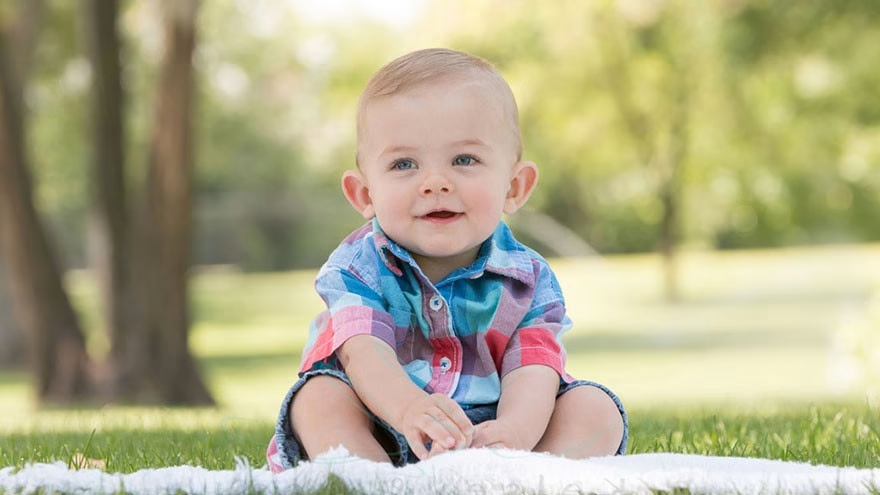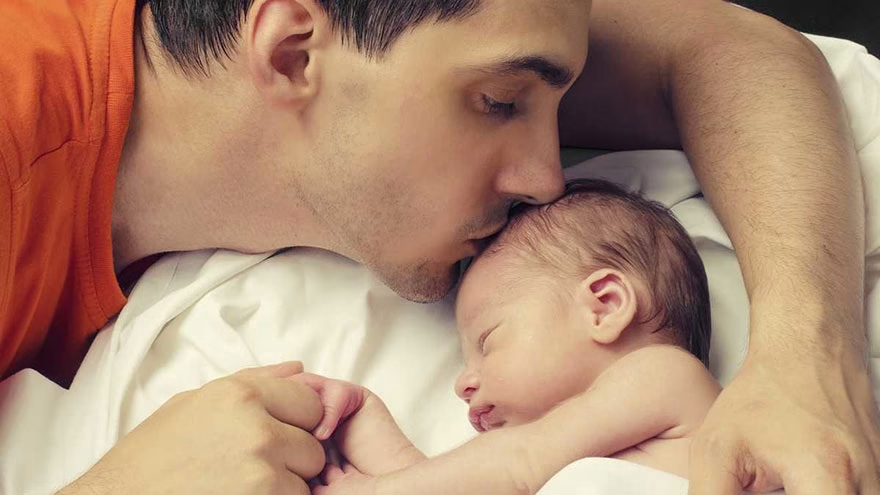Parents should be aware of these issues to ensure that their newborn thrives, both physically and mentally.

Diet
One of a mother's most essential tasks is ensuring that her baby's nutritional needs are met. All babies should be fed strictly breast milk or formula for the first four to six months, and these should remain the primary food sources throughout the first year. Two of the major causes of nutritional deficiency are lack of vitamin D and iron.Lack of vitamin D can result in rickets, hindering bone growth. The American Academy of Pediatrics suggests a vitamin D supplement starting soon after birth, even if the mother is breastfeeding. With iron deficiency, your baby's tissues and brain might not get enough oxygen from the blood, which can cause developmental delays and increase lead absorption.
Once your baby starts solid foods, choose a baby cereal fortified with iron.
Social Skills And Physical Touch
Parents and others must interact with babies for them to learn social skills, which can affect their development. A mother who responds to her baby with eye contact, talking, singing, hugging and holding helps her baby develop socially, mentally and emotionally.Babies crave loving touches and affection, which create a sense of comfort and stability. Your baby will eventually learn to mimic your facial expressions, gestures and reactions to environmental stimuli.
Some Causes Of Home Illnesses
Parents should raise babies in healthy home environments free of allergens and smoke to prevent respiratory illnesses that can cause developmental delays. When your baby begins solid foods, failure to handle food safely might result in diarrhea or a parasitic infection.Preparing food too long before eating or failing to store food at the right temperature can cause pathogenic bacteria to multiply and harm a baby's immune system. This can prevent your baby from breaking down food for digestion, hindering normal development.
Prematurity
A baby can be born prematurely because of environmental factors such as maternal drug or alcohol use or an infection. Premature birth can lead to a number of health issues including respiratory and lung diseases; disabilities such as cerebral palsy; bradycardia, a decline in heart rate; and retinopathy of prematurity, a disease in which the eye is not fully developed.Another possible issue is jaundice, caused when bilirubin builds up in the blood, though it usually isn't serious. A pediatrician or neonatologist, a specialist in premature or severely ill babies, can help determine how to care for a baby with these issues.
You Might Also Like : How to Protect Newborn Babies From UV Rays
Check out the video version of this article on YouTube
httpv://www.youtube.com/watch?v=PPM2y6UhCag
Save for later
Found this helpful?
Pin this article to your Pinterest board and come back to it whenever you need a reminder.
Save to Pinterest


